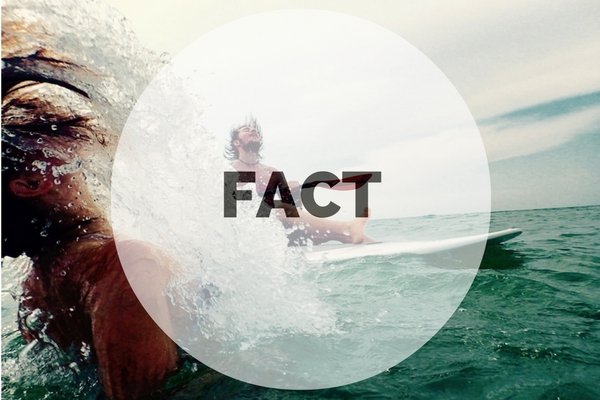
Sun Safety: Fact vs. Fiction
Posted on Aug 16, 2016
Posted in: Healthy Lifestyle
A healthy lifestyle is composed of several elements that all work together to keep you and your body in tip-top shape. And I’m not just talking about physical shape. Taking care of your body includes taking care of the thing that protects it: your skin.
According to the Skin Cancer Foundation, one in five Americans will develop skin cancer at some point in their lives due to exposure to ultraviolet (UV) radiation from the sun. But there are things you can do to avoid becoming part of that statistic!
Whether you’re laying on a beach, working in the garden, going for a swim or taking a leisurely outdoor stroll, here are some need-to-know tips about sun safety — some of which you might not have known to be true (or false!):
You can’t get sunburned on a cloudy day.
UV radiation can penetrate clouds and in some cases might even be more intense due to reflection off the bottom of the clouds. And since UV radiation doesn’t correlate with temperature, it’s important to still wear sunscreen on cool days. If you want to know how cautious you need to be, you can check each day’s UV index.
Having a “base tan” means you won’t burn.

Studies have found that when it comes to having a base tan to protect yourself against future sunburn from UV exposure, the benefits are slim to none. To be more specific, a base tan only provides a sun protection factor (SPF) of about 3 or less. And what’s worse, obtaining a base tan from a tanning bed would only offer an SPF of about 1.5 (not to mention all the other serious downsides of tanning beds).
Your risk of getting burned is higher when you’re in the water or around sand or snow.

Because of the high UV reflective properties of these surfaces, you are more likely to get redder, faster. And if you’re in water, make sure to be applying sunscreen more frequently to ensure continual sun protection.
Taking certain medications can make you more sensitive to the sun.

Be extra cautious to sun exposure if you are taking specific types of antibiotics, anti-inflammatories, blood pressure medications, antifungals or chemotherapies.
It doesn’t matter if your sunscreen is expired.

Just like you wouldn’t put spoiled products into your body, it’s not in your best interest to put spoiled sunscreen onto your body. When sunscreen expires, it means it has lost power due to deteriorating ingredients. Check expiration dates before heading out in the sun to make sure you’re getting fully effective UV protection.
Sunscreen should be applied at least every two hours.

Lathering up one time at the start of your day in the sun isn’t enough to get the job done. Reapplication is suggested every two hours, and even more than that if you’re swimming or sweating.
You don’t have to apply sunscreen to your face if your makeup contains sunscreen.

If you know you’re going to be in the sun for a bit, you should apply regular sunscreen underneath your makeup. Most cosmetic products offer an SPF protection of much less than the recommended 30. You can protect your lips from getting burned by using a lip product that is at least SPF 30.
Be attentive. Know your moles, check your skin for any changes and be aware of anything that might be growing or bleeding. If you spot anything out of the ordinary, see your dermatologist as soon as you can.
